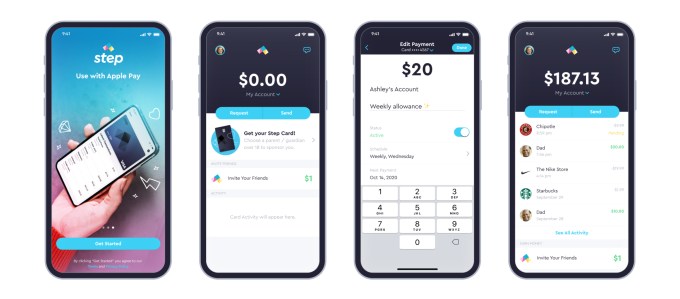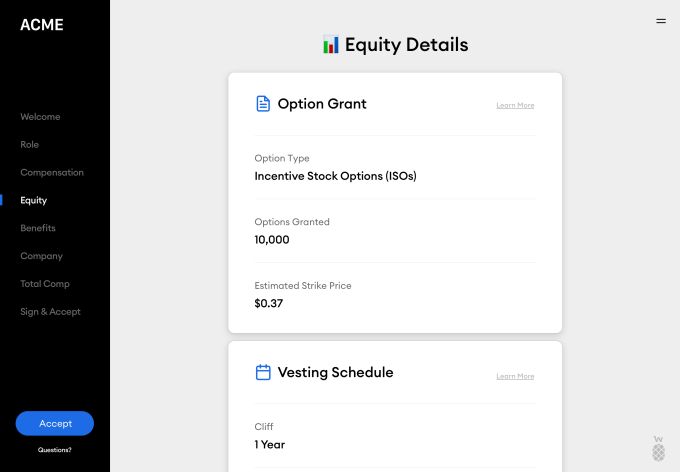News: Virta Health’s behavioral diabetes treatment service is now worth over $1 billion
A new $65 million investment led by the growth capital and public investment arm of Sequoia Capital will give Virta Health, a developer of a behavioral-focused diabetes treatment, a valuation of over $1 billion. Virta’s approach, which uses a combination of approaches to change diet and exercise to reverse the presence of type 2 diabetes
A new $65 million investment led by the growth capital and public investment arm of Sequoia Capital will give Virta Health, a developer of a behavioral-focused diabetes treatment, a valuation of over $1 billion.
Virta’s approach, which uses a combination of approaches to change diet and exercise to reverse the presence of type 2 diabetes and other chronic metabolic conditions, has shown clinical success and attracted 100 health care payers to endorse the company’s treatments.
“We partnered with Virta for their ability to deliver unmatched health improvement and cost savings—two clear differentiators from other offerings on the market,” said William Ashmore, CEO of the State Employees’ Insurance Board of Alabama, in a statement. “Especially amid the COVID-19 pandemic, it’s vital that we provide our members the life-changing results Virta is known for delivering, through expert, virtual care delivered right to their home.”
The company said it would use the funding to expand sales and marketing efforts for its services as well as expand its research and development into other non-pharmaceutical therapies for metabolic conditions.
The financing came from Sequoia Capital Global Equities and Caffeinated Capital and brings the company’s total funding to over $230 million and gives it a $1.1 billion valuation, according to a statement.
Alongside Sequoia Capital Global Equities, Caffeinated Capital participated in the round, which brings total funding to more than $230 million and values Virta Health at over $1.1 billion.
Diabetes has long been an attractive condition for startups and has been the first target that companies focused on behavior changes to influence metabolic conditions aim to address. The reason why there are so many diabetes-focused businesses is because of the prevalence of the disease in the U.S. Almost half of adults in the U.S. suffer from obesity, pre-diabetes, or type 2 diabetes and the disease kills thirty people every hour. Diabetes also doubles the risk of death from COVID-19 infections.
Beyond the risks, the costs of treatment are skyrocketing. According to data from the American Diabetes Association released in March 2018, the total costs of treating diagnosed diabetes have risen to $327 billion in 2017 from $245 billion in 2012, when the cost was last examined.
“Given the scope of the metabolic crisis in the U.S. and globally, it cannot be understated how game-changing Virta’s results and care delivery are,” said Patrick Fu, managing partner at Sequoia Capital Global Equities, in a statement. “Virta’s technology-driven, non-pharmaceutical approach has fundamentally changed how diabetes is cared for, and our collective belief in what is possible for population health improvement. This is the future of chronic disease care.”






